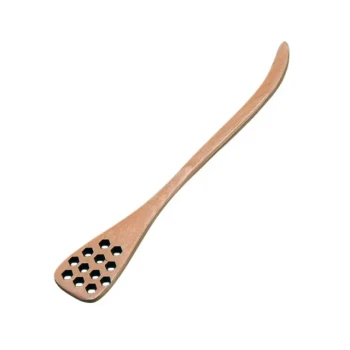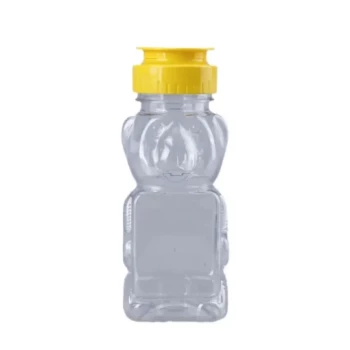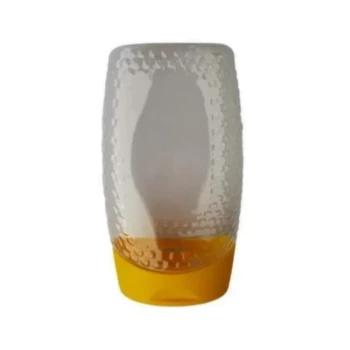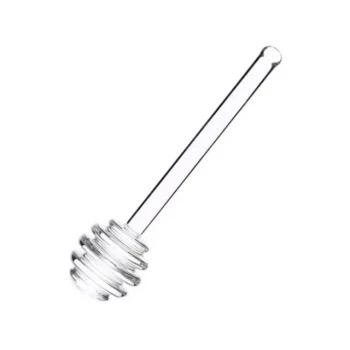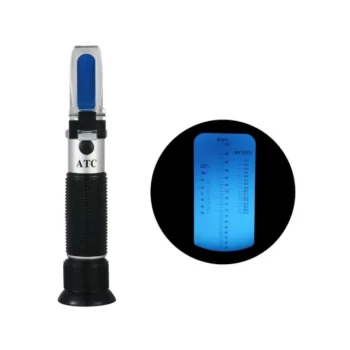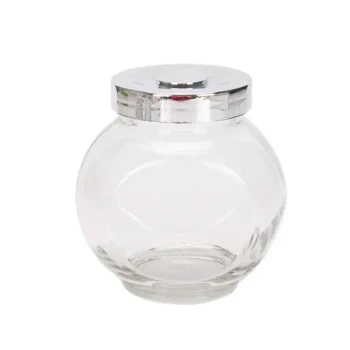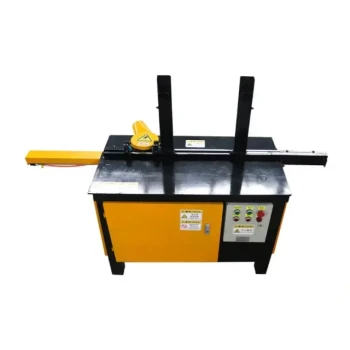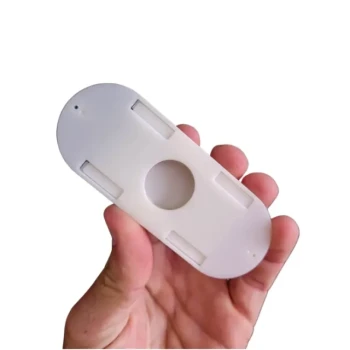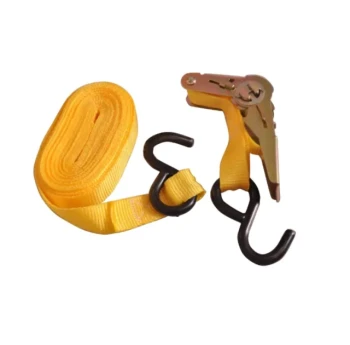In short, choosing not to remove honey from a hive is not recommended. While it may seem like a "natural" approach, it leads to a cascade of negative consequences, starting with the hive becoming overcrowded. This lack of space forces the colony to swarm and can ultimately contribute to the spread of pests and diseases to other bees in the area.
The core issue is not about honey removal itself, but about space management. A beekeeper's primary role is to ensure the colony has adequate room to grow and store resources, and failing to do so turns a managed hive into a liability for the bees and the wider environment.
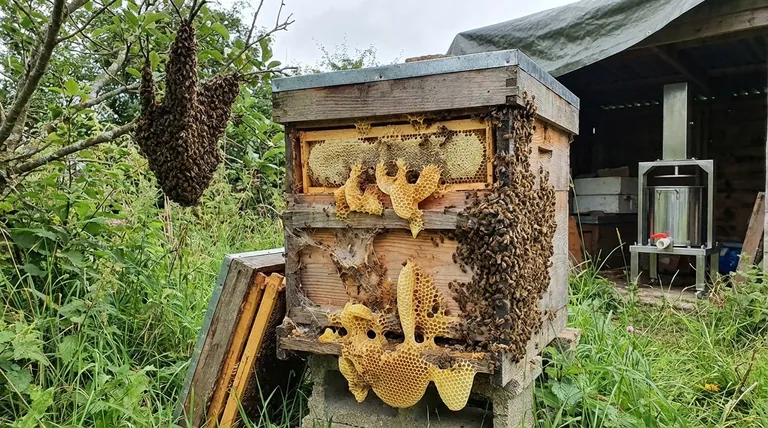
The Root of the Problem: A Hive's Finite Space
A modern beehive is a finite resource. When bees fill every available cell with honey, they create a condition that beekeepers refer to as "honey-bound," which triggers significant problems for the colony's health and stability.
The Queen Runs Out of Room
The queen bee needs empty cells to lay eggs, which become the next generation of worker bees. When excess honey fills the brood chamber—the area designated for raising young—the queen has nowhere to lay.
This effectively halts the colony's reproductive cycle. The population dwindles as older bees die off without a new generation to replace them, severely weakening the hive.
Foragers Stop Working
When every cell is full of honey and pollen, incoming forager bees have nowhere to deposit the nectar they've collected. This signals a stop to foraging operations, causing the hive's productivity to grind to a halt.
The Inevitable Result: Unmanaged Swarming
When a colony perceives it has run out of space and has ample resources (a hive full of honey), it triggers its natural reproductive instinct: swarming.
What is Swarming?
Swarming is how a honeybee colony reproduces at the macro level. The old queen leaves the hive with roughly half the worker bees to find a new home, leaving a new virgin queen to take over the original hive.
Why Unmanaged Swarms Are a Problem
While swarming is natural, swarms from an unmanaged hive are problematic. They have not been inspected for health, and they can carry pests like Varroa mites or diseases into the wild.
These unmanaged swarms can then move into unsuitable locations (like the walls of a house) or infect other healthy colonies, both managed and wild. This makes the unmanaged hive a vector for pests and diseases throughout the local ecosystem.
Understanding the Beekeepers' Responsibility
Keeping bees in a man-made hive is different from a colony living in the wild. As a beekeeper, you have taken on the role of a steward for that colony's health and its impact on the surrounding environment.
It's About Space, Not Just Honey
Even if you don't want to harvest honey for yourself, you must still manage the hive's space. This can be done by adding more boxes (supers) to give the bees more room for storage.
This prevents the brood nest from becoming honey-bound and reduces the instinct to swarm, keeping the colony healthy and contained.
Preventing the Spread of Pests
A primary responsibility of any beekeeper is to monitor for and treat pests, especially the Varroa destructor mite. An unmanaged, uninspected hive can become a "mite bomb," breeding huge numbers of mites that are then spread to other hives through swarming and robbing.
How to Apply This to Your Goal
Your approach should be dictated by your goal, but every path requires responsible management.
- If your primary focus is simply to help pollinators: The best approach may be to plant bee-friendly forage rather than keeping a hive you cannot manage.
- If your goal is to keep bees without harvesting honey: You must still commit to regular inspections and be prepared to add more boxes to provide space and prevent swarming.
Effective beekeeping is fundamentally about providing responsible stewardship for a vital pollinator.
Summary Table:
| Consequence of Not Removing Honey | Impact on the Hive |
|---|---|
| Hive Becomes Honey-Bound | Queen has no room to lay eggs, halting colony growth. |
| Foraging Stops | Bees have nowhere to store nectar, halting productivity. |
| Unmanaged Swarming | Colony splits, risking spread of pests/disease to other bees. |
| Increased Pest/Disease Risk | Uninspected hive becomes a 'mite bomb' for the local ecosystem. |
Ensure your apiary's health and productivity with the right equipment. Proper space management is key to preventing swarming and disease. HONESTBEE supplies commercial apiaries and beekeeping equipment distributors with the durable, wholesale-focused supplies needed for responsible hive management. Contact our experts today to discuss your operation's needs.
Visual Guide
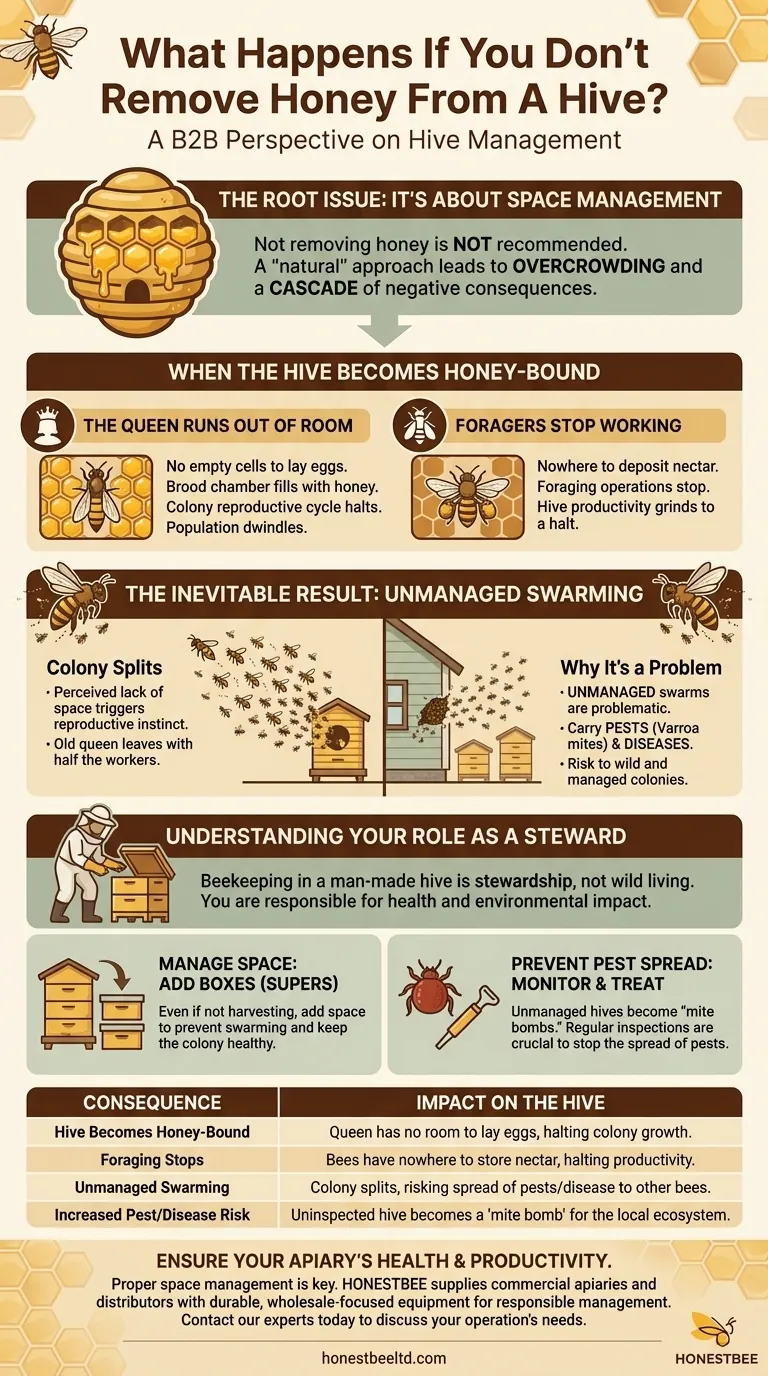
Related Products
- 10L Stainless Steel Electric Honey Press Machine
- Stainless Steel Honey Press Wax Press with Tank
- Stainless Steel Manual Honey Press with Guard for Pressing Honey and Wax
- Honey Wax Separating Wax Press with Metal Screw Wax Separator Machine
- Modern Honeycomb Pattern Wooden Honey Dipper for Stirring and Drizzling
People Also Ask
- How are commercial beekeeping apiaries typically organized? Optimize Your Layout for Maximum Efficiency
- Why are battery-powered portable electronic scales essential for beehive monitoring? Ensure Precision in Remote Fields
- How do automated nectar source monitoring tools assist beekeepers in selecting collection sites? Boost Honey Yields
- What is the impact of utilizing high-quality beekeeping consumables? Ensure Stability in Remote Apiaries
- Why are hive recordkeeping materials essential for beekeepers? Master Your Colony Management with Precise Data
- What role does honey-themed cultural merchandise play in beekeeping branding? Unlock Industrial Growth Potential
- What are the technical advantages of intensive apiary facilities? Maximize Productivity with Industrial-Scale Solutions
- Why is high moisture content considered a problem for honey? Protect Your Harvest from Fermentation




